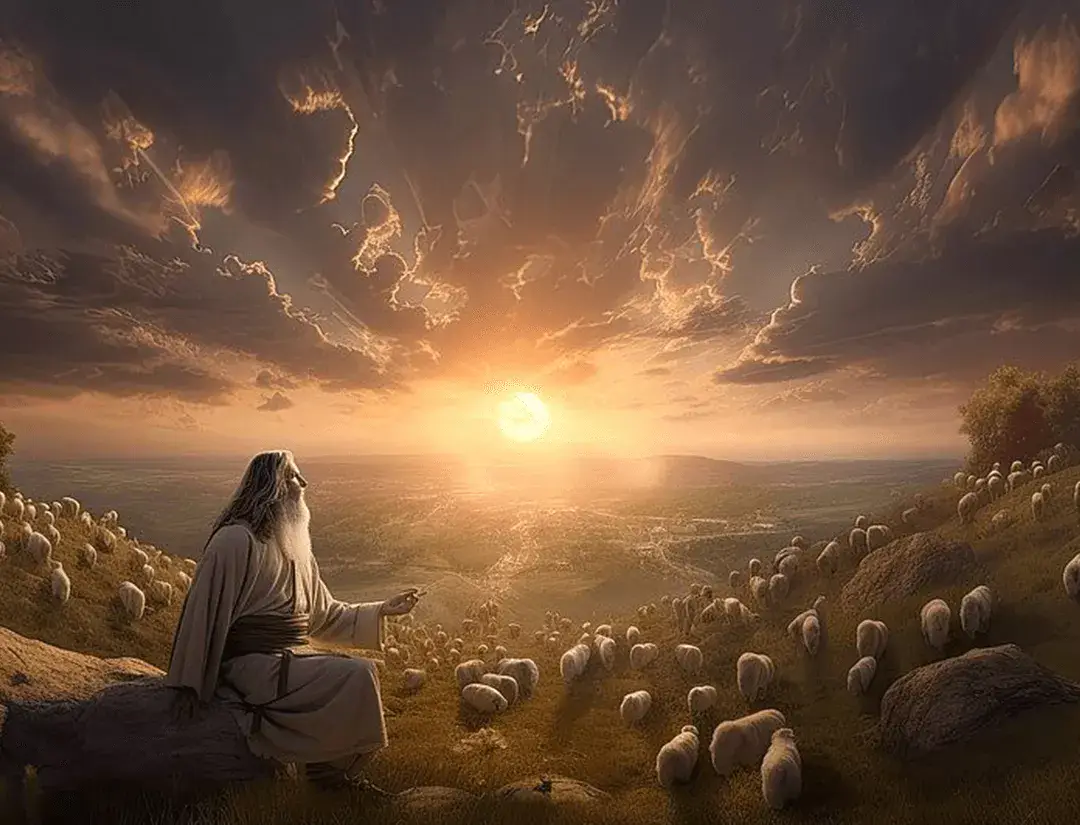Language
 Directory
Directory
Ezra
Ezra

1. Ezra, also known as Ezra the Scribe, is a significant figure in Jewish history and the Hebrew Bible. He played a crucial role in the restoration of Jerusalem and the revitalization of Jewish religious practices during the post-exilic period. Ezra's story and his commitment to the study and teaching of the Torah have had a lasting impact on Jewish culture and religious practices.
2. Ezra was a priest and a skilled scribe who lived during the 5th century BCE. He was a descendant of Aaron, the brother of Moses, which granted him a prestigious lineage in Jewish society. Ezra's primary responsibility was to study, interpret, and teach the law of Moses.
3. During this period, after the Babylonian exile, Ezra led a group of Jews from Babylon to Jerusalem. His mission was to restore the religious life of the Jewish community and reinforce their commitment to God's law, especially regarding intermarriage with non-Jewish people.
4. Upon his arrival in Jerusalem, Ezra discovered that some Jewish people had married foreign wives, which violated the law of Moses and compromised the purity of the Jewish community. He was deeply distressed by this situation and prayed to God, confessing the sins of the people and seeking divine guidance.
5. To remedy the issue, Ezra gathered the people and addressed them, explaining the importance of obeying God's commandments and separating themselves from foreign influences. He urged those who had intermarried to divorce their foreign wives as an act of repentance and obedience to God's law.
6. Many people responded positively to Ezra's message, and a comprehensive public assembly was held. Ezra and other priests read the law of Moses aloud to the gathered crowd, ensuring that every individual understood its contents. This event, known as the "Reading of the Law," served as a pivotal moment in Jewish history, reinforcing the centrality of the Torah in the lives of the Jewish people.
7. Ezra further emphasized the significance of the law by establishing a council of priests and Levites to ensure its observance. He also took measures to reinstate proper worship in the rebuilt temple and reorganize the priesthood. Ezra played a vital role in educating the people, both young and old, about the law and its application.
8. His efforts to preserve and transmit the sacred Scriptures were remarkable. Ezra is credited with compiling and editing the historical and religious texts that form the basis of the Hebrew Bible, especially the Torah (the first five books). This work contributed significantly to the preservation and standardization of Jewish scripture.
9. Ezra's story highlights his dedication to the study and interpretation of God's law, his commitment to upholding Jewish traditions, and his role as a religious leader during a crucial period of Jewish history. His teachings and reforms helped revitalize the Jewish community, reinforcing their devotion to God's commandments and ensuring the continuity of Jewish religious practices.
10. The legacy of Ezra endures in Jewish religious life. The public reading of the Torah, known as the Torah portion or Parsha, remains a central aspect of Jewish worship and education. Ezra's emphasis on the importance of studying and understanding the law has influenced the development of Jewish scholarship and the ongoing tradition of Torah study.
11. Ezra was a priest and scribe who played a pivotal role in the restoration of Jerusalem and the revitalization of Jewish religious practices after the Babylonian exile. His commitment to the study and teaching of the Torah, his efforts to reinforce obedience to God's law, and his role in preserving the sacred scriptures have had a lasting impact on Jewish culture and religious traditions. Ezra's story exemplifies the power of knowledge, education, and adherence to religious principles in shaping the identity and continuity of a community.




 Previous
Previous







